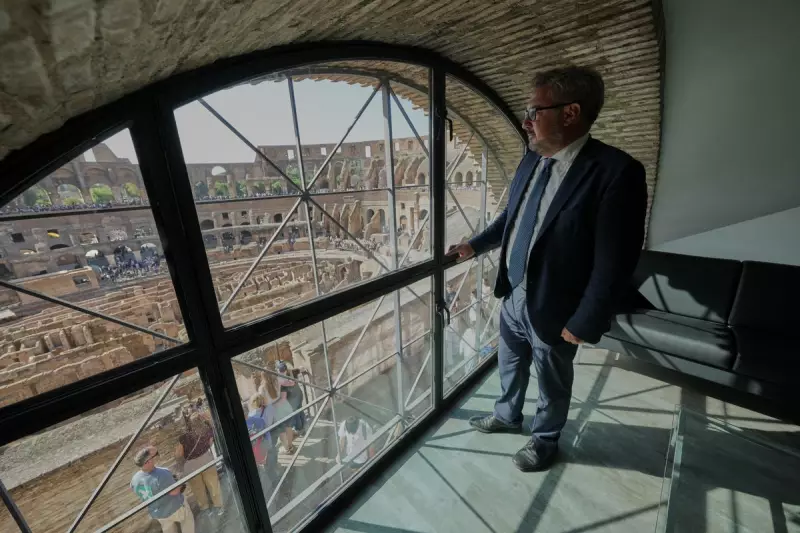
In a startling breach of security that has left heritage officials reeling, Rome's iconic Colosseum became the unlikely venue for an illegal rave that saw electronic music echoing through the ancient amphitheatre's sacred halls.
Ancient Walls, Modern Beats
The world's most famous Roman monument, which once hosted gladiatorial contests and public spectacles, was transformed into an impromptu dance venue when unauthorised party organisers gained access to the historic site. Witnesses reported seeing DJ equipment and sound systems set up within the ancient structure, with electronic music pulsating through the nearly 2,000-year-old stone corridors.
Director's Outrage
Simone Quilici, director of the Colosseum archaeological park, expressed profound dismay at the security breach. "This represents an unprecedented violation of one of humanity's most precious cultural treasures," he stated, emphasising the potential damage such events could cause to the fragile ancient structure.
The incident has triggered an urgent investigation into how the rave organisers managed to bypass security measures at the UNESCO World Heritage site, which normally operates under strict protection protocols.
Heritage Protection Under Threat
This isn't the first time Italy's cultural ministry has faced challenges in protecting the Colosseum. The ancient amphitheatre has previously been targeted by:
- Vandals carving initials into stonework
- Tourists attempting to take "souvenirs" from the site
- Unauthorised commercial photography sessions
- Now, the disturbing new trend of illegal musical events
The incident raises serious questions about the adequacy of current security measures at one of the world's most visited archaeological sites, which attracts nearly 7 million visitors annually.
Global Implications for Heritage Sites
This security breach at the Colosseum serves as a wake-up call for heritage sites worldwide. As cultural landmarks face increasing pressure from both tourism and unconventional threats, the balance between public access and preservation becomes ever more critical.
Italian authorities have vowed to implement enhanced security protocols to prevent similar incidents, ensuring that the Colosseum remains protected for future generations to experience and appreciate its historical significance.





